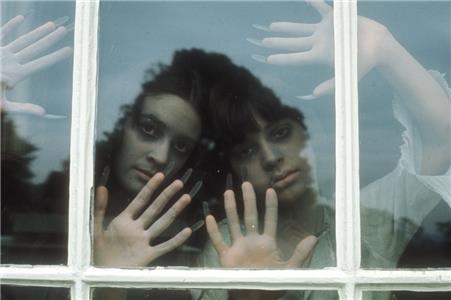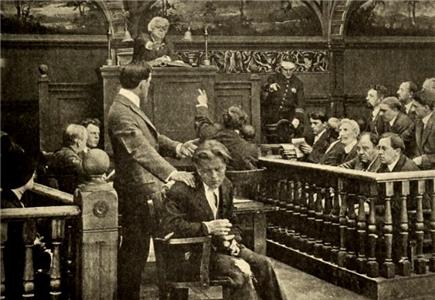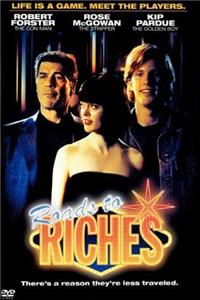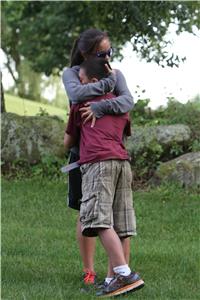Lost Hearts (1973) Online

A young orphan, Stephen, is sent to go and live with his strange, much older cousin at his remote country house. Once there, Stephen experiences terrible dreams in which he sees a young girl and boy who are missing their hearts.
| Complete credited cast: | |||
| Simon Gipps-Kent | - | Stephen | |
| Joseph O'Conor | - | Mr. Abney | |
| James Mellor | - | Parkes | |
| Susan Richards | - | Mrs. Bunch | |
| Christopher Davis | - | Boy | |
| Michelle Foster | - | Girl | |
| Roger Milner | - | Vicar |






User reviews